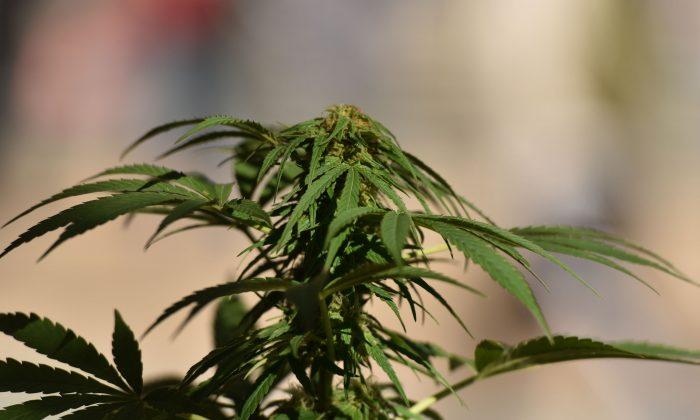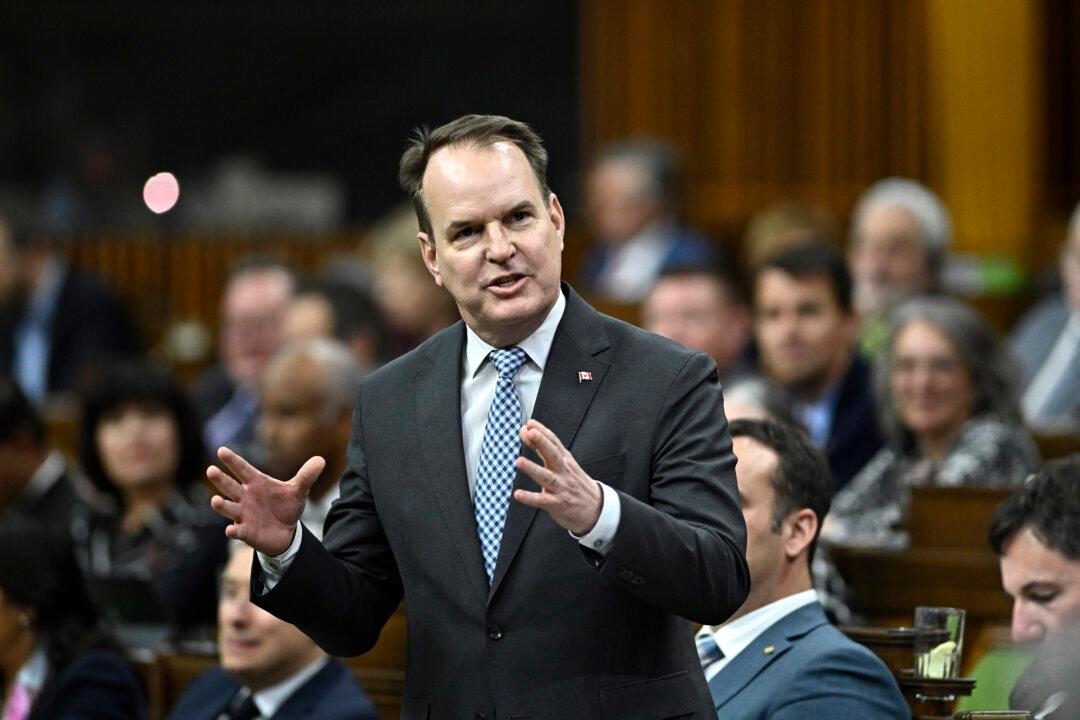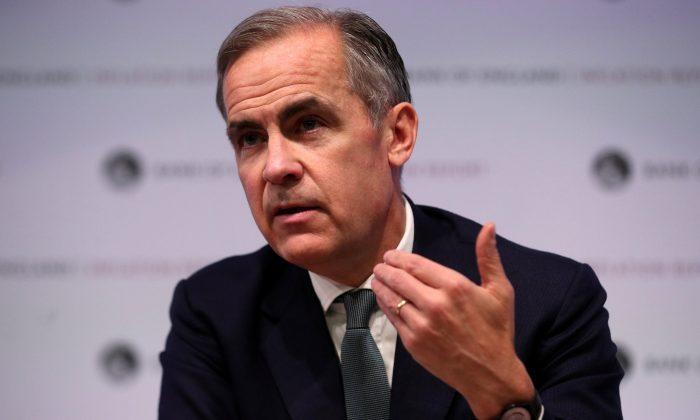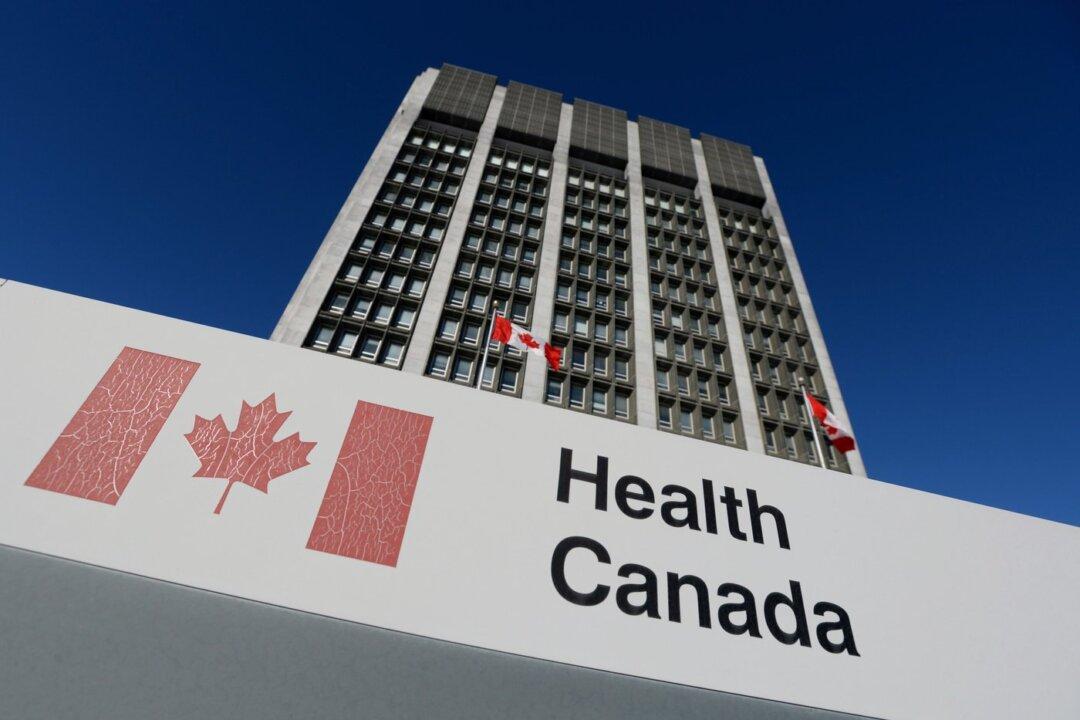Following numerous bankruptcies of marijuana businesses, Health Canada announced on March 25 that it is considering cutting regulations on the industry.
Growers, wholesalers, and retailers are blaming federal taxes and regulations for ruining the licensed cannabis industry, as first reported by Blacklock’s Reporter.
“Health Canada is seeking feedback on potential amendments to the Cannabis Regulations for regulatory burden reduction while still addressing public health.”
Health Canada is considering potential amendments to the Cannabis Regulations that would streamline and clarify existing requirements; eliminate inefficiencies in the regulations, such as duplications between requirements; and reduce administrative and regulatory burdens where possible.
Regulatory amendments would target the five key areas of licensing, personnel and physical security measures, production requirements for cannabis products, packaging and labelling requirements for cannabis products, and record-keeping and reporting for cannabis licence holders.
Health Canada said it is also interested in feedback on regulatory measures that may be “duplicative, redundant, or particularly onerous, and where there are opportunities to promote efficiencies.”
No deadline was set for any red tape reduction measures.
George Smitherman, CEO of the Cannabis Council of Canada, told reporters on Parliament Hill on Feb. 15 that more closures and consolidations are likely to follow. He added that there are about 300 licensed producers that have an account with Canada Revenue Agency to remit excise tax, and that 70 percent of those companies “are in default of those payments.”
Smitherman said regulatory mandates, fees, and taxes “make our industry largely unsustainable” despite marijuana legalization. “If you put up your hand and say you’re willing to be regulated, they have every fee and tax for you,” he said.
At the House of Commons agriculture committee last June 20, cannabis growers said there was little profit to be made in legal marijuana. “There is more money in a winery,” testified Timothy Deighton, owner of Sweetgrass Cannabis Ltd. based in Ymir, British Columbia.
Deighton said it took his company 11 months to get licensing approval to legally sell marijuana products. He then paid $100,000 to comply with security requirements, he said. Upon legalizing marijuana in 2018, Parliament taxed it at $1 per gram, about 15 percent, plus GST.
Ontario Conservative MP Dave Epp told the agriculture committee it was evident that the experiment with legalization had failed. “Neither of the two stated objectives—basically the reduction of organized crime and the reduction of the black market—have occurred,” he said.






Friends Read Free